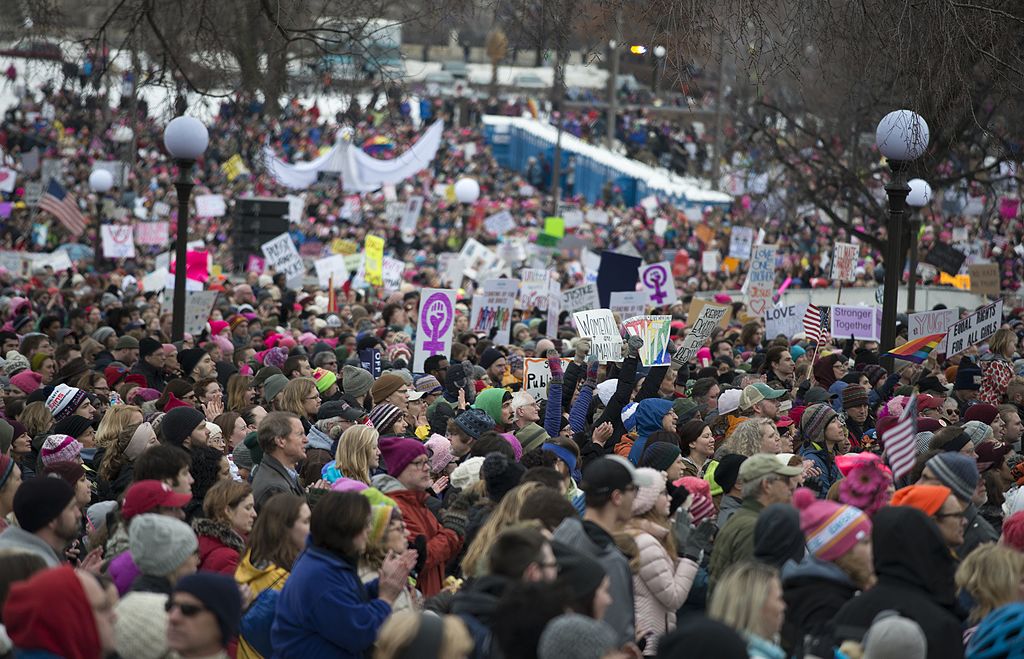KELSEY LITTLETON; Staff Writer: littlekn@plu.edu
After the success of the Women’s March on Washington this January and the various other marches around the world, many are wondering what will come next for the fight for gender equality. The creators of the Women’s March have an answer: a general strike done by female workers.
“A Day Without A Woman,” the strike’s official name, will take place on March 8, which is International Women’s Day. “A Day Without A Woman” calls for a day without women working or spending money, in hopes that the nation will notice how much power, both economically and politically, women in America possess.
To many women and men around America, this seems like a good idea. I, however, do not agree.
I was a proponent for the Women’s March, although I was unable to attend. As a liberal myself, I believe that gender inequalities and sexism are incredibly prominent, especially given who we elected as president. But this strike is ridiculous to me.
A majority of the participants of the past Women’s March believe that a women’s strike has the potential to be powerful because it showcases the importance of women in our nation. However, this is not probable due to the fact that the amount of women who would be able to participate is not a large number; therefore, the impact will not be significant.
Many women who get paid hourly and can’t miss a day of work have no place in this strike. The women whose families depend on them have no place in this strike. Students who have to go to school in order to succeed have no place in this strike. My mother, who works at a high school and can’t use any more sick days without having to work overtime, has no place in this strike.
I believe that the strength and power of women in America comes from our ability to work harder than men have to, to put in more time, earn less and still care for our families. Dropping everything and ignoring our responsibilities feels more irresponsible than powerful. We as women have to be resilient. Not drop everything to participate in a strike that largely leaves out the working-class women who need our support the most.
The strike feels like a teenager giving someone the silent treatment. Will anyone take it seriously? I don’t think so.
The most significant problem with “A Day Without a Woman” is that there is no way that enough women will participate in order to really make an impact. Furthermore, according to Jeremy Pressman of the University of Connecticut and Erica Chenoweth of the University of Denver, 1 out of every 100 Americans participated in a Women’s March in January. That’s one percent of the country. And considering a percentage of protesters were men, the likely participation for the women’s strike will be less than one percent of Americans. What point will that prove? What real statistical difference will this strike show? I don’t think it will be big enough to change anyone’s mind.
There will not be enough women participating to make a big enough impression on the nation, because a large portion of our nation still does not agree with feminist views, and another abounding amount of women can’t afford to miss a day of work.

















